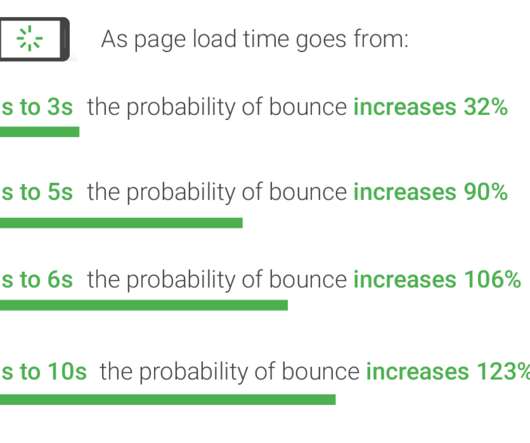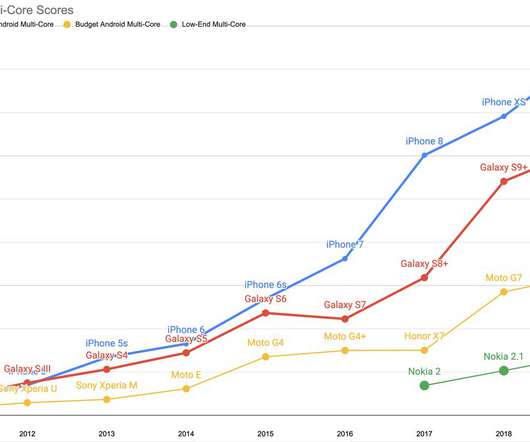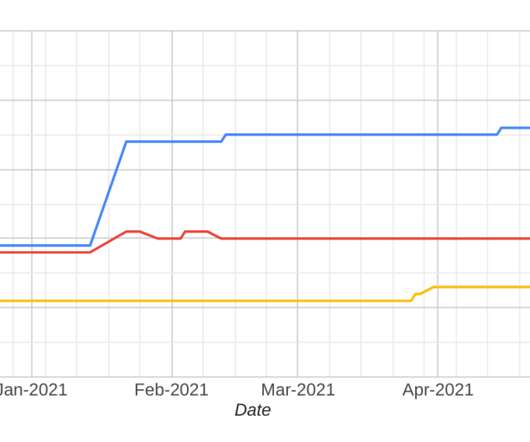Average Page Load Times for 2020 – Are you faster?
MachMetrics
DECEMBER 14, 2019
In 2017, mobile internet usage passed desktop as the majority. Google’s best practice is to have a speed index under 3 seconds. Google’s best practice is to be below 0.5 However, Google’s best practice is to keep the number of requests below 50, so there is still work to be done. seconds on mobile.












Let's personalize your content